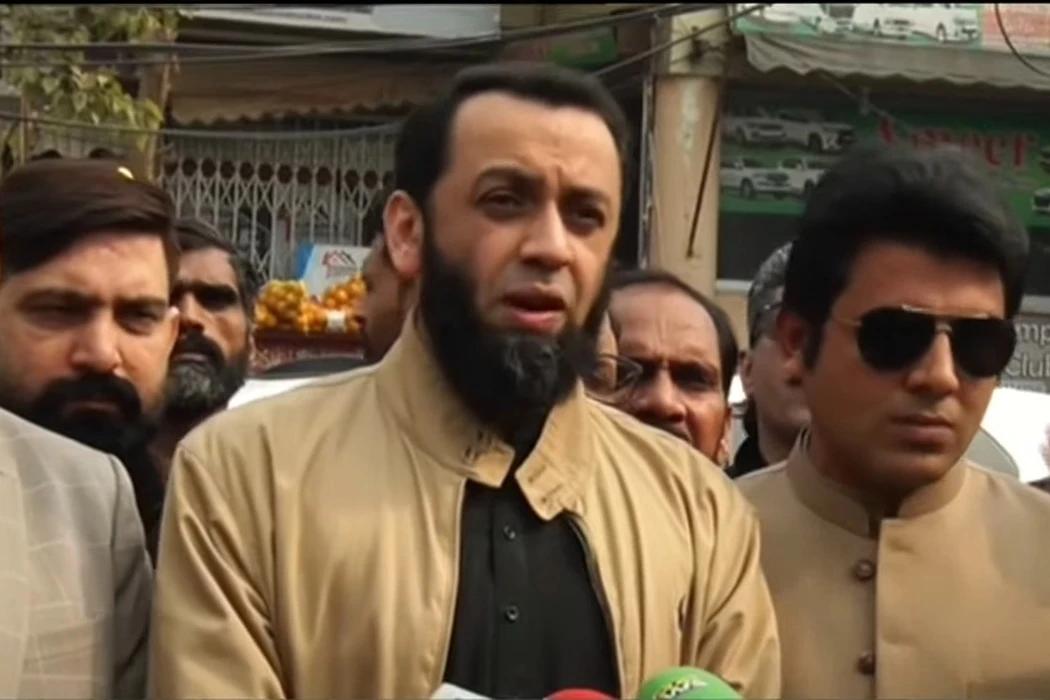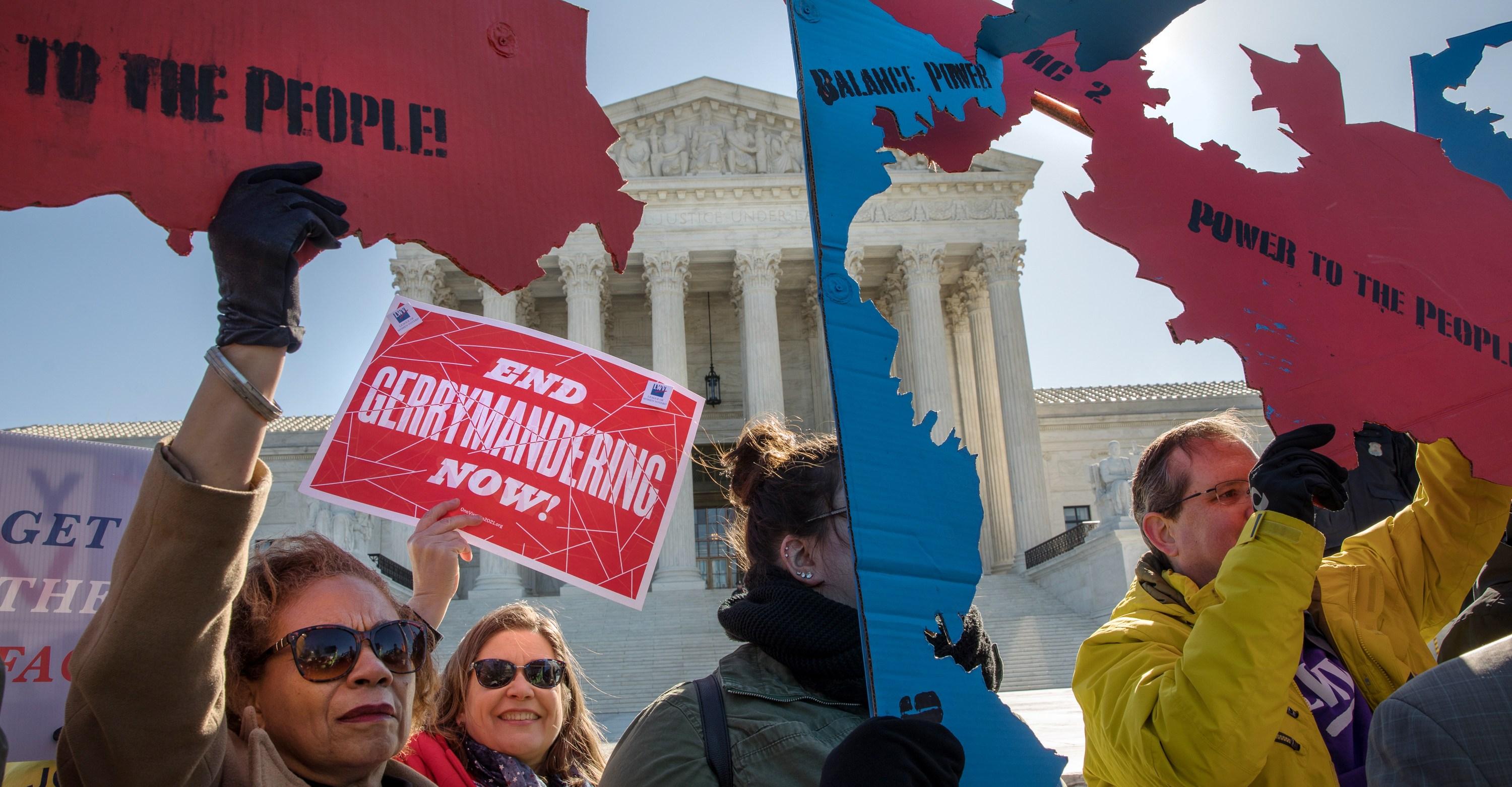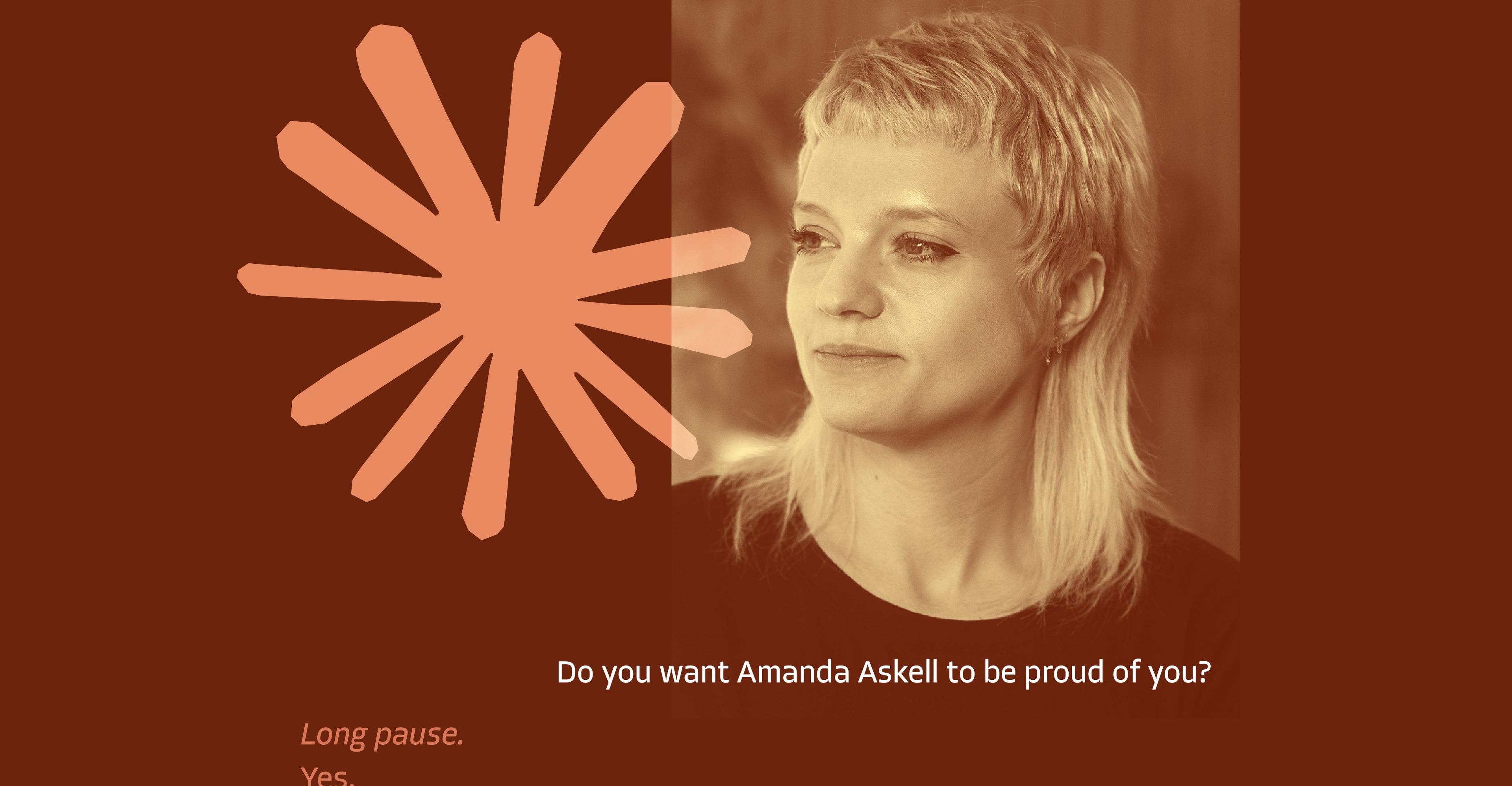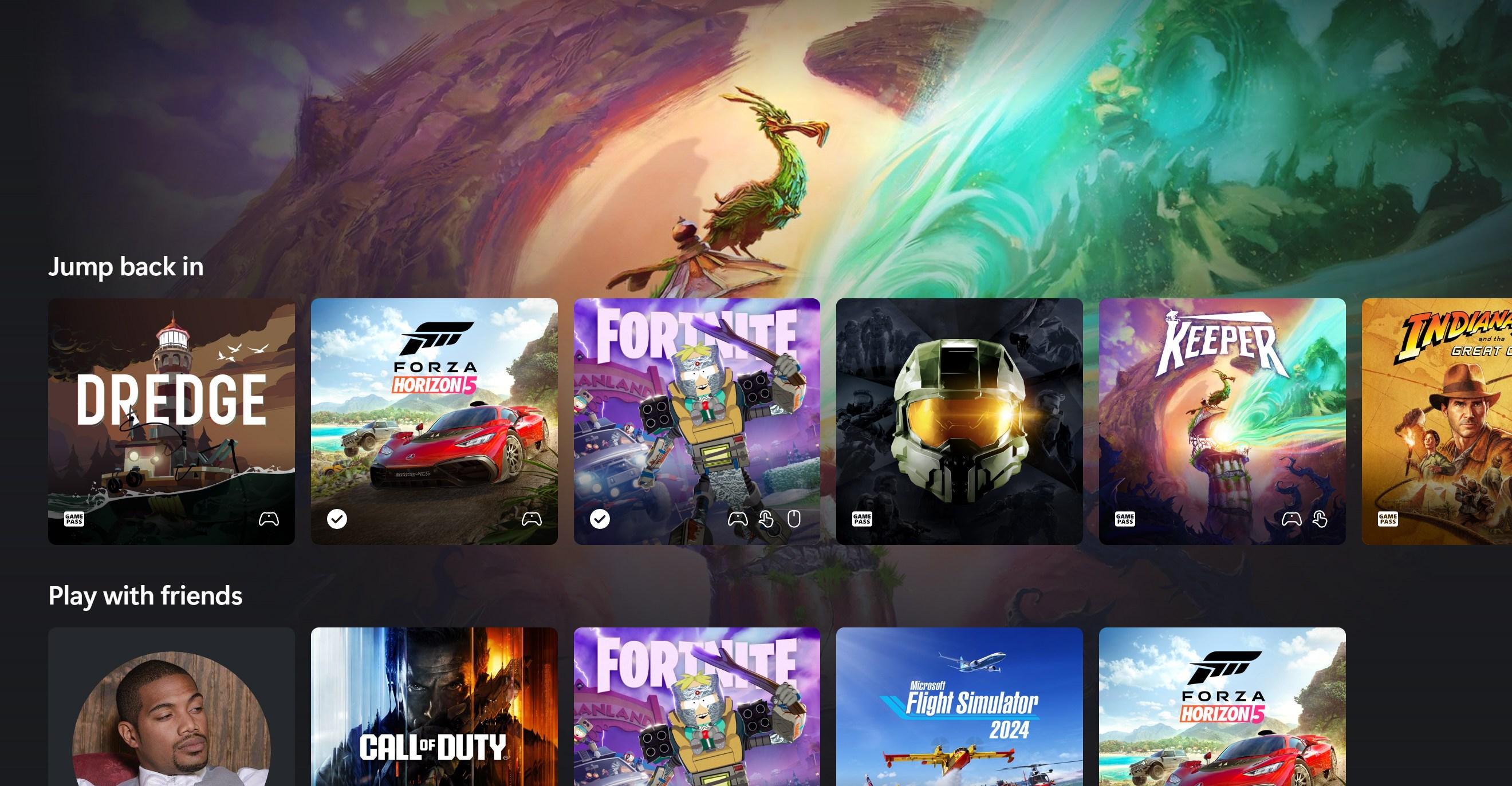The expelled rep used his time in Congress like a Real Housewife, and now he’s found his true calling making bank on Cameo.


Despite facing 23 federal charges for a litany of crimes, including the kind that involve stealing — wire fraud, credit card fraud, and aggravated identity theft — people, including at least one sitting US Senator, cannot give former Rep. George Santos money fast enough.
Since his expulsion from Congress, Santos has found a home on Cameo, a service that allows regular people to pay more famous people, usually of the reality television or character actor variety, to record video messages for their personal use. For a small fee, you could ask Santos to tell your mom that you love her or “roast” one of your friends. Santos initially charged $75 but, after serious demand, upped his price to $400, according to Cameo (Real Housewife of New York City Ramona Singer charges $125 per video). According to Semafor, Santos has made more money in four days of Cameo appearances than he would have in one year ($174,000) as a member of Congress.
A man who is facing possible prison time for theft and who got thrown out of Congress is now being given cash, hand over fist, to be that ex-congressional, money-stealing grifter on camera.
What is happening? Is there no better way for people to use their wallets? Is inflation not a problem? Perhaps we have too much money?
While we may never fully understand what would compel a person to send Santos $200 of their hard-earned cash, his final form as a Cameo star is a little easier to explain. Anyone who has followed Bravo’s “Scandoval” or The Bachelor could point out that this man’s career arc is that of a reality TV star. Those people, Santos’s Cameo cohort, go on TV with the aim of getting famous enough to launch a business, do social media influencing, or generate income via Cameo. Real Housewives Jen Shah and Teresa Giudice, like Santos, faced federal charges and are doing or have served prison time.
The only difference between Bravo celebrities and Santos is that the latter’s reality TV show was Congress. Perhaps there’s no difference at all.
“He’s obviously going to have to go on hiatus for a bit,” Vox senior politics reporter and Bravo watcher Christian Paz told me, humoring me with TV speak. Paz and I sat down to discuss the man on everyone’s minds from our respective fields of expertise — politics for him, reality TV for me. But as Paz explains, while Santos might seem like an anomaly, one of the best ways to succeed in government is to act like a reality TV star. It’s actually designed that way.
The conversation below has been edited for length and clarity.
Christian, on the Jen Shah scale of prison time, how much prison time is George Santos possibly facing? Is it more or less time than Jen Shah? [Editor’s note: Shah was sentenced to 6.5 years in prison.]
He has the potential to serve even more time. The big embarrassing stuff came out from this ethics report, but that’s just the House Ethics report. George Santos is still under indictment and facing pretty severe federal charges: wire fraud, identity theft, aggravated identity theft, lying to a federal office, money laundering, etc. Those are things that people go to jail for for a long time.
Wire fraud! Everything I know about wire fraud is from Jen Shah. If you had a Venn diagram of crimes real politicians do and crimes Real Housewives do, wire fraud is one of those crimes where there’s overlap.
I never thought we’d have federal charges against a congressman because of OnlyFans subscriptions. Though there was the misuse of taxpayer funds that happened with Aaron Schock, the congressman from Illinois, famously.
:no_upscale()/cdn.vox-cdn.com/uploads/chorus_asset/file/25141047/1813613167.jpg)
He made his entire office like Downton Abbey!
Exactly. We’ve had some scandalous/reality TV-adjacent scandals in the past, but never as outright and just brazen. And posting through it, as Santos is? In the last 10 years, politics in general has just become much more reality TV-esque.
I mean, what a perfect segue into what I want to talk about! There’s that saying, “Politics is Hollywood for ugly people.” I think that the update to that saying should be, “Politics is reality television.”
Yeah, I totally agree.
That politicians are ugly? [laughs]
No. That politics is reality TV!
Think of some of the institutional limits in Congress. The way that you get access to better committee positions, the way that you get clout within government, the way to access power is through showing that you can fundraise, showing you have the connections to people who will help the party long term, having a big donor base, and one of the ways that you can do that is by getting attention. The attention economy is the most important way to get donor money from the grassroots.
While George Santos is a very specific kind of attention grab that involves crimes, I think this general concept is kinda bipartisan. The way AOC and “The Squad” are branded gets attention. Sen. John Fetterman’s social media presence too. On the other side of that, there’s Marjorie Taylor Green and Lauren Boebert. Everyone’s on social media, and I think it’s just more obvious now — succeeding in politics is getting famous.
AOC and folks in The Squad were able to use social media very effectively, early on. And you mentioned this as a both-parties issue — it is. I’ve covered many freshman classes that enter Congress, and the number one thing that they want is obviously to win their next election, but they also want attention. They want stuff beyond just the traditional news coverage. They want the invites to the podcast. They want invites to the talk shows, to the daytime talk shows. They want to be talked about on cable news. The priorities tend to be to get attention, especially if you’re in the minority.
Because when you’re in the political minority, you don’t necessarily have policy-making power?
Especially in the House, you don’t have a lot of power when you’re in the minority. And that incentivizes cloud chasing — you know, little clips that go viral on TikTok, the interviews that get clipped from TV, cable news interviews that go viral on Twitter.
I don’t think it’s a coincidence that you saw a lot of these right-wing social media influencer types come to prominence when they were in the minority too. In 2020, Republicans were in the minority, they didn’t have a lot of power. And so what’s the alternative? It’s to get as much attention as you can.
You have these institutional frames that kind of force politicians to look for this attention because they don’t have political power. And then the attention will help them once they do get power and are able to rise. But then the other thing is that, in more recent years, it’s become harder for politicians in both parties to climb the ranks because so many people stay in powerful positions for so long.
When you don’t have a path to promotions within the government, the next best thing is fame.
I think we’d be remiss in not mentioning that the model for “reality television and politics are the same” was President Trump. A former reality television star who became president, right?
A lot has been written and a lot still remains to be written about the reality TV star turned president. A lot of attention has also been paid through the political lens to, “Who is the next Trump? Who will succeed him?”
A big part of that fails to see the reality TV star side. It’s not just a populist appeal. It’s also all the things that come with being a reality TV star that boost him, like the sense that he’s just like you or that his supporters view him through the lens of fandom and not through the lens of a political movement. A lot of politicians and people trying to posture as “the next Trump” don’t have that.
I keep wrestling with the idea of politics being reality TV, one aspect in particular: Over the last decade and maybe even longer, the whole idea behind reality TV and why people participate has shifted.
People go on shows like The Bachelor or Drag Race, but winning isn’t necessarily the end goal. It’s nice, sure, but more and more the goal of being on reality TV isn’t winning. The goal is to get as famous as you can, and then when you leave the show, get more famous and monetize that.
If you think about George Santos, it seems like — barring a prison sentence — that he’s essentially embodied this model. He’s pivoted in a way that made him more famous and more powerful than he would have been had he gone through his career as a congressman representing a district in New York.
The grift was the key to it all. I totally see what you’re saying. He is making money off Cameo now. Maybe it’ll be short-lived. But his stans are continuing, and now we have Democratic Senators using donor money to send to George Santos to troll political rivals on Cameo. At the root of it, it’s still money from Americans going into George Santos’s pockets that he gets to keep.
:no_upscale()/cdn.vox-cdn.com/uploads/chorus_asset/file/25141043/1824566781.jpg)
If politics is truly reality TV, has the press coverage changed at all? Is it still the same?
The DC press functions very similarly to Bravo blogs. I’ve written about this before, like, the interesting overlap in how pop culture coverage has bled into political coverage and covering serious hard news. The DC press loves to cover anything that is remotely scandalous in any way. And with all the profiles, all the following him around asking him questions, and all these memorable moments, they also helped to create this Santos persona.
Do you think politics is the end goal anymore for any of these politicians? And has that ever been true? It’s not hard to think of former politicians and press secretaries who get book deals, gigs on cable news, and other kinds of contracts. Maybe those things just look different now.
In the past, it used to be about getting on TV or getting on boards or getting cushy consulting jobs on K Street.
But in the digital current era, sometimes politics is not really what people are entering politics for. There’s ideological reasons for running. But, for example, how many members of Congress have podcasts? There are so many more options in the entertainment space to make a more creative career through politics or after politics. And even the people around Trump, for example, they all either found book deals, rehabilitated themselves to become commentators on cable news or launched their own podcasts.
There’s just this ecosystem that makes it lucrative for you to go into politics and not for politics’ sake. And what we’re seeing now is a lot of it is drifting into a purely entertainment direction.
If there’s a parallel to that, it’s how many Real Housewives have weird side businesses. And wire fraud!
A book deal for a politician is like a Housewife selling a candle or athletic wear. But George Santos got caught, whereas there are so many other folks who are and will get away with it. And they’ll be around for another season.
As someone who covers politics, is this turn really depressing to you? Or has politics always been like this?
It’s definitely been a reality. But it’s depressing in the sense that I’m firmly in the camp that is trying to protect democracy and get people to believe in the system.
These kinds of grifts delegitimize the whole institution. It reminds folks that there is a huge class divide in America. And that’s one of those things that always becomes apparent when we see money grifts in politics because it’s often people trying to get out of whatever stratification they’re in because of class. That’s why you grift and steal money to find ways to better yourself. And you’re using the public and the electoral system to do it.
You’re just harming that system even more.

Who will win the Australian Open men's title?
- 16 hours ago

Security forces kill 133 terrorists in Balochistan operation, 15 soldiers martyred
- 20 hours ago

With Bader in center field, Giants move Lee to rig...
- 16 hours ago

Security forces committed to eliminate anti-Pakistan proxies: Attaullah Tarar
- 14 hours ago
Rose breaks 36-hole Torrey Pines mark, up 4 shots
- 3 hours ago

Balochistan operations: 145 terrorists killed as CM vows long term fight against terrorism
- 16 hours ago
Pavia vows to show NFL 'what I got' in Senior Bowl...
- a day ago
Fiesta Bowl to host women's flag football tourney
- a day ago

Terrorist attacks in Balochistan: US, Qatar, Saudi Arabia and Other countries strongly condemn
- 20 hours ago

Draymond: Not losing sleep as Giannis talk swirls
- 16 hours ago

Windows 11’s ability to resume Android apps on your PC is getting closer
- 19 hours ago

Interior minister,CM Balochistan and Corps Commander visit CMH Quetta
- 18 hours ago







